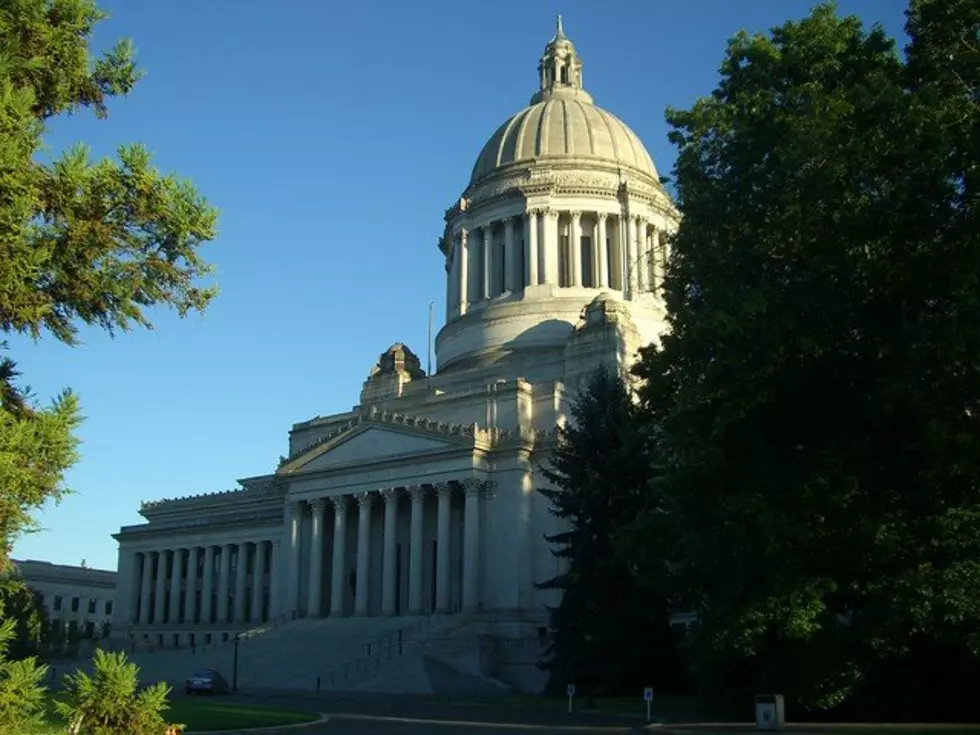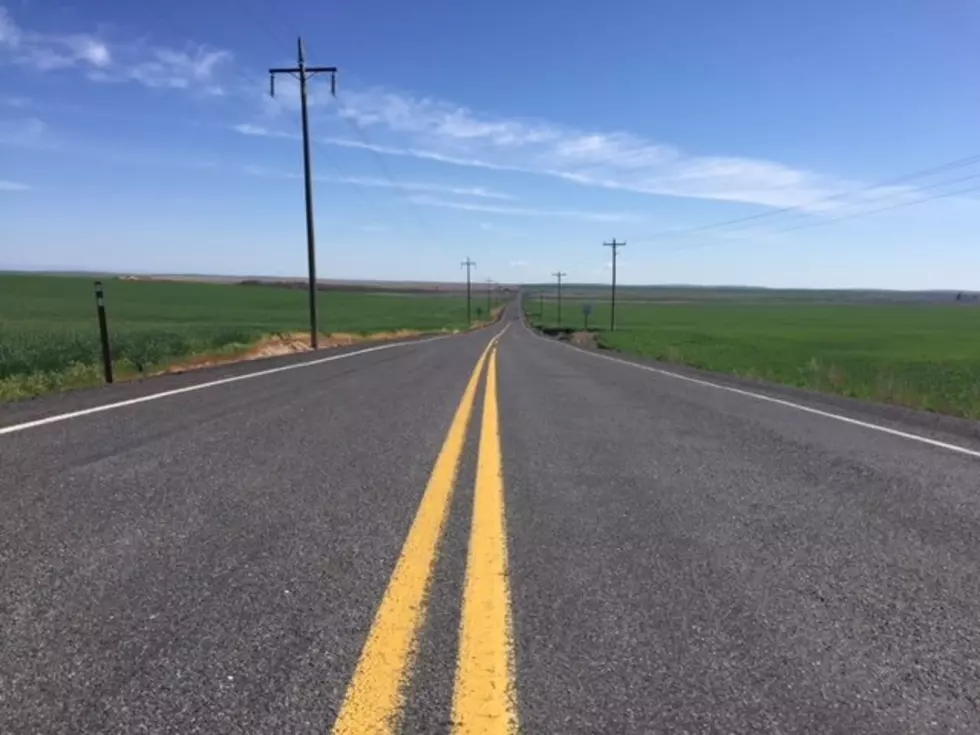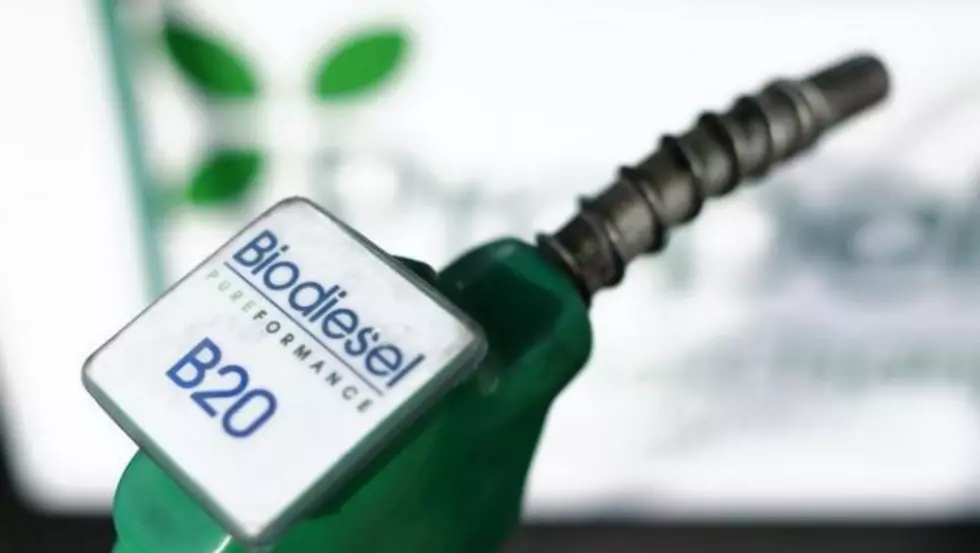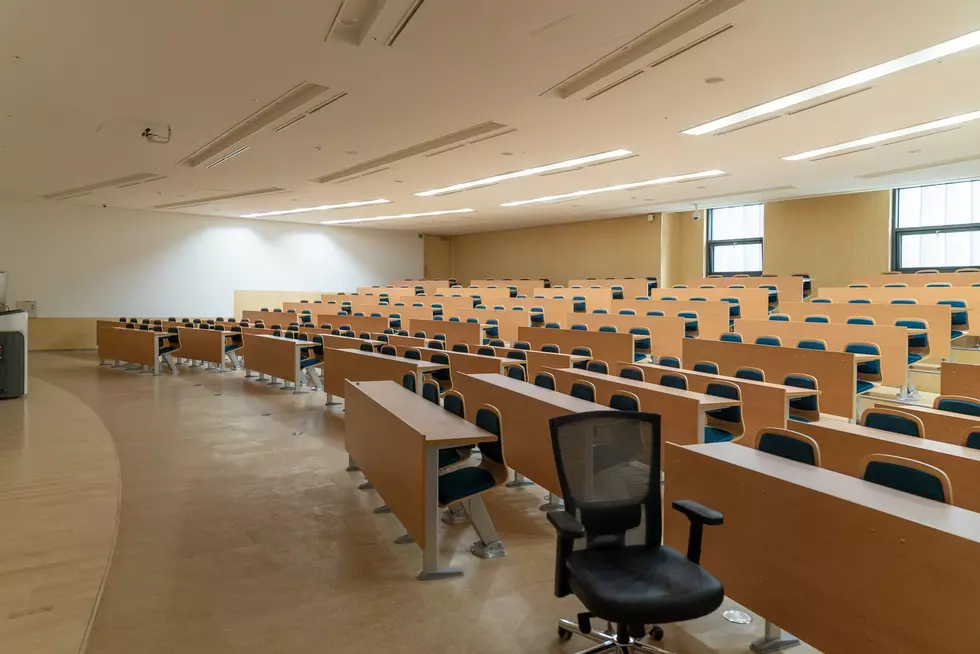
Cap and Trade Makes First Appearance Of 2020 Oregon Legislative Session
A climate change bill expected to dominate the 2020 Oregon legislative session got its first public hearing this week. Lawmakers say they will try to find a compromise on an issue that led to GOP senators walking out of the Capitol last year. The bill to implement a so-called cap and trade program in Oregon took center stage in a three-hour meeting on Monday of the Senate Environment and Natural Resources committee. Lawmakers are meeting for part of this week in regularly scheduled interim committee hearings.
Currently known as Legislative Concept 19, the new cap and trade proposal includes many provisions that appeared in last year’s House Bill 2020. Its authors say it’s a first draft, that will be tweaked during the 35-day session starting next month. Like HB 2020, the bill would force big greenhouse gas emitters to obtain credits for each ton of gas they emit, and create an overall cap for emissions allowed in the state. That cap would lower over time, in theory ensuring Oregon meets stringent conservation targets in 2035 and 2050. Entities required to obtain permits could trade them with one another.
But the bill largely authored by Senate Democrats includes a number of changes designed to assuage critics in the manufacturing and utility sectors, and create fewer impacts for rural Oregon. Those tweaks are largely centered on how automotive fuel suppliers and big industrial players are treated.
Rather than uniform statewide regulation of automotive fuels, the new proposal splits the state into three geographic zones that would be phased in separately. That approach is designed to address concerns that cap and trade would hike gas prices statewide, disproportionately affecting rural communities that have little option but to drive.
The Portland metro area would see its fuels regulated first, beginning in 2022. The rest of the state’s metropolitan planning organizations — areas like Eugene, Bend and Salem — would follow in 2025, along with cities that receive at least 10 million gallons of fuel a year.
The remainder of the state would not see fuel supplies regulated until at least 19 counties decided to voluntarily participate in the program. In theory, that means rural Oregon would not be forced to pay more for gas because of cap and trade; a central issue Republicans raised in opposing HB 2020. Last year the Oregon GOP caucus in the Senate staged a nine-day walkout to kill a cap and trade measure. Being in the minority Republicans said denying the chamber a quorum was an effective way to block a bill they said would kill jobs, raise the cost of fuel and gut small businesses in rural areas.
If you have a story idea for the Washington Ag Network, call (509) 547-1618, or e-mail gvaagen@cherrycreekradio.com
More From PNW Ag Network









